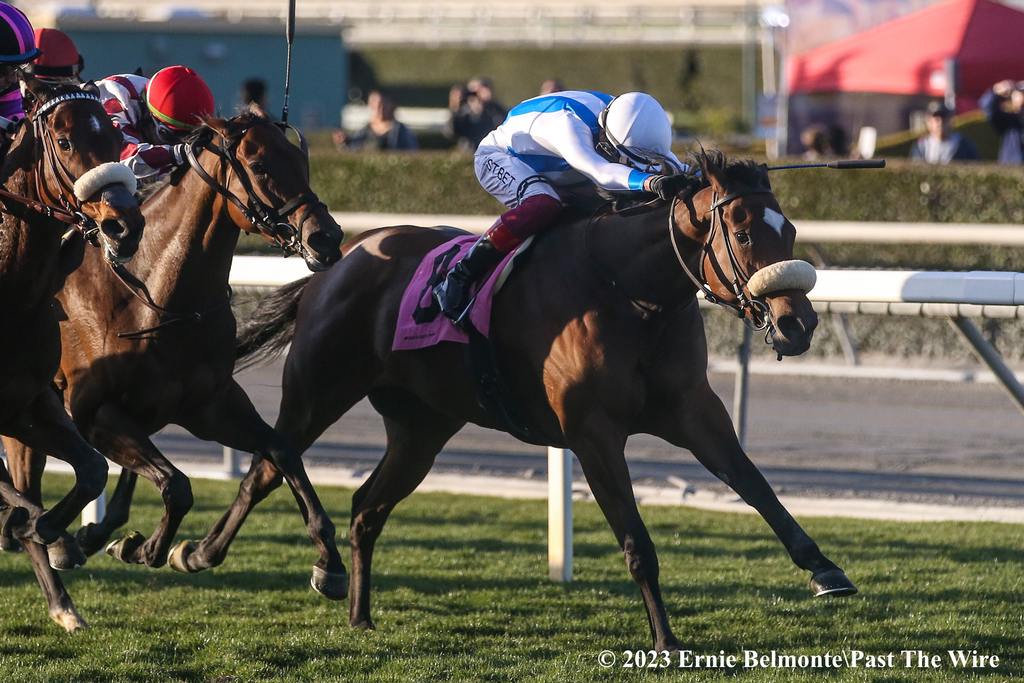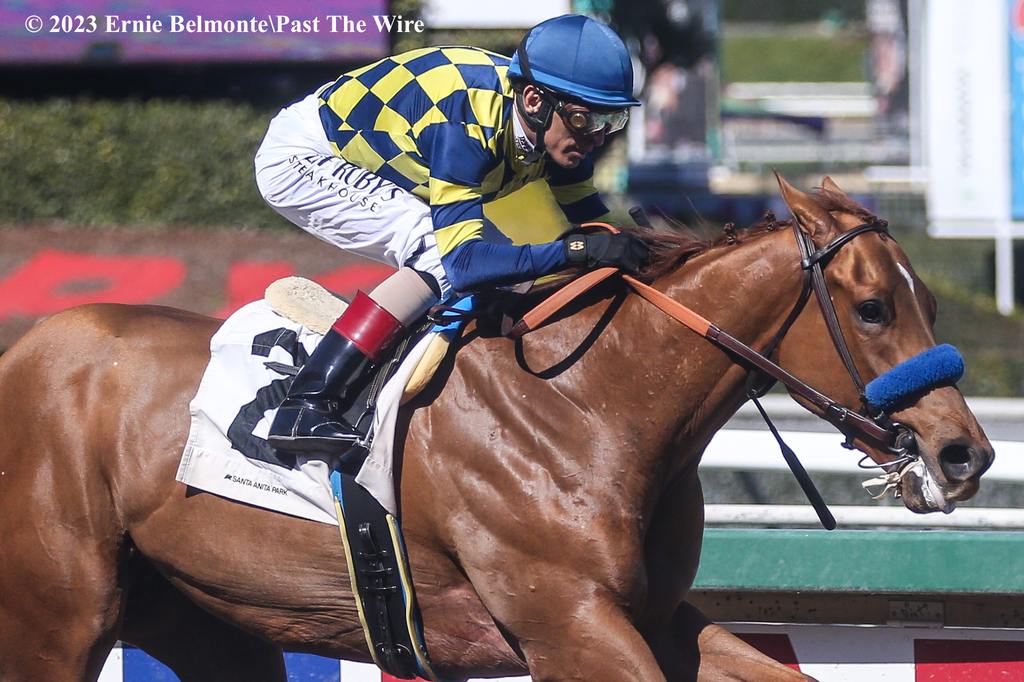
Today, there aren’t too many tic-tac men left gracing the grandstands at UK horse tracks. In fact, there are very few left of this once-standard element of horse racing. Once upon a time, men in white gloves communicated across the racetrack through hand signals. They were quick, thorough, and spoke a language that’s since gone by the wayside.
Their goal was to communicate shifting odds to a bookmaker, who would then update their odds based on the most recent occurrences and betting action. In an era lacking cellphones and SMS texting, the tic-tac man was the sole line of communication for bookmakers at the tracks.
Today, things have changed manifold. If someone wants to place a bet at the tracks, they can jump on their smartphone to use a free bet offer from DraftKings or another sportsbook, then make their wager live. With a few taps of their finger, they’re able to shop around for lines and find one that offers a high value. No shouting, no hand signals, no cash-in-hand.
Do these updates mark a bygone era in betting at the tracks? Or is it possible tic-tac men can find new life on the tracks in the future?
Tic-Tac Men & Betting Culture
From the outside looking in, tic-tac men look like a natural casualty of technology. Like any other profession that is put out of business by new automation, they’ll be shuffled off to another position at the tracks—if they’re lucky.
Back in 1999, there were three tic-tac men working on tracks in the UK. But by 2015, the UK officially removed licensing requirements tied to tic-tac men. In other words, they’d become a defunct element of horse race betting, and no longer needed to be regulated. In other words, the era of the tic-tac man was legally over… but what about horse racing culture in general?
Betting on horse races stretches back to the days of Ancient Rome, where archaeologists have salvaged the remnants of betting slips. While there have been ample developments in racing and betting technology since then, the nature of betting remains the same: pick a winner and take home the spoils. It’s hard to imagine that there wasn’t some type of tic-tac man at these ancient races.
The Live Betting Experience
The tic-tac man is gone thanks to modern developments like betting technology. Live betting technology allows bettors to wager on outcomes in sporting events as they unfold. Though live betting at horse races is a bit more complicated given its shortened time frame, its convenience can’t be topped.
That’s especially true considering how much time and effort sportsbooks are now expending on their mobile technology. Top sportsbooks have a viable app—and the leading brands also offer remote live betting. That means that, if they have a secure enough connection, bettors can wager live in the grandstands as a race happens.
That type of immediacy and convenience can’t be topped by a tic-tac man, no matter how quickly he’s able to signal to a bookmaker.
A Future for Both?
Though the tic-tac man has lost its relevance, that doesn’t mean they’ll be forgotten. In fact, various filmmakers have helped preserve the legacy through short projects—and many people fondly recall seeing tic-tac men at the tracks, including figures like Rocky Roberto. In other words, there’s still a lot of recognition and nostalgia tacked onto these professionals.
However, much of this recognition remains tied to UK punters. While they’re some of the most active in the world when it comes to betting at the horse tracks, there aren’t any current initiatives to preserve the signals used by tic-tac men or the dozens of terms popularized by them.
For now, the survival of the tic-tac man will be up to those who enjoy nostalgia and want to preserve history. In the future, if they should return to the racetracks, it would be solely for performance, as they’re legally defunct from participating in betting endeavors.




